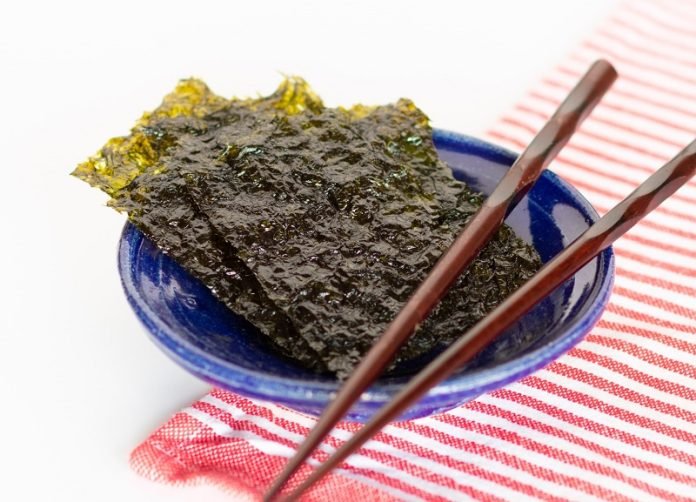
Have you ever eaten seaweed?
It’s a favorite food for people living near the coasts, especially in places like East Asia, Southeast Asia, South Africa, and even some parts of England, Scotland, and Ireland.
It’s not only tasty but also packed with health benefits. Recently, scientists have uncovered an exciting new potential benefit: a certain type of seaweed might help fight food allergies!
This discovery, published in the Journal of Agricultural and Food Chemistry, is about a type of red seaweed called Gracilaria lemaneiformis.
A group of researchers from Jimei University in China, the U.S. Department of Agriculture, and the University of Nottingham in the UK came together to study this intriguing seaweed.
Red algae like this have been farmed in Japan for over 300 years. They’re high in vitamins and protein and are easy to grow. In this study, the scientists took a special complex carbohydrate from the seaweed (called polysaccharides) and tested how it affects food allergies in mice.
These mice were sensitive to a protein that’s often found in shellfish and can cause allergic reactions.
Here’s what they discovered: The polysaccharides from the red algae could reduce allergy symptoms and boost the function of certain regulatory cells in the mice. The allergic mice that were treated with polysaccharides recovered quicker than those who weren’t.
This suggests that these special carbohydrates might have a part to play in treating food allergies in the future.
This finding could have a significant impact. Food allergies can cause a range of symptoms and can sometimes even be life-threatening. In the USA, it’s estimated that up to 12 million people suffer from food allergies, with the main culprits being milk, shellfish, peanuts, eggs, wheat, rice, and soy.
Every year, food allergies are responsible for about 30,000 emergency room visits and between 100 and 200 deaths. They affect about 5% of babies under 3 years old and between 3% and 4% of adults.
The next step for researchers is to test the effects of these polysaccharides on different types of allergens. This will help them understand more about how this seaweed can help in treating food allergies.
So, the next time you eat seaweed, remember – it’s not just a tasty snack, but it might also be a potential superhero against food allergies!
Citation: Liu QM, et al. (2016). Anti-Food Allergic Activity of Sulfated Polysaccharide from Gracilaria lemaneiformis is Dependent on Immunosuppression and Inhibition of p38 MAPK. Journal of Agricultural and Food Chemistry, 64: 4536–4544. doi:10.1021/acs.jafc.6b01086.



